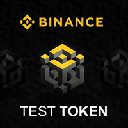-
 Bitcoin
Bitcoin $92,477.6434
-1.11% -
 Ethereum
Ethereum $1,744.7789
-2.50% -
 Tether USDt
Tether USDt $1.0001
-0.01% -
 XRP
XRP $2.1472
-5.15% -
 BNB
BNB $596.6488
-2.31% -
 Solana
Solana $146.8572
-3.16% -
 USDC
USDC $1.0000
0.01% -
 Dogecoin
Dogecoin $0.1732
-4.62% -
 Cardano
Cardano $0.6866
-1.62% -
 TRON
TRON $0.2440
-0.63% -
 Sui
Sui $2.9943
3.75% -
 Chainlink
Chainlink $14.3901
-2.82% -
 Avalanche
Avalanche $21.9130
-3.32% -
 UNUS SED LEO
UNUS SED LEO $9.2481
1.88% -
 Stellar
Stellar $0.2623
-3.64% -
 Toncoin
Toncoin $3.1179
0.54% -
 Shiba Inu
Shiba Inu $0.0...01304
-4.77% -
 Hedera
Hedera $0.1777
-4.20% -
 Bitcoin Cash
Bitcoin Cash $358.9657
0.45% -
 Polkadot
Polkadot $3.9866
-2.91% -
 Litecoin
Litecoin $81.7041
-2.94% -
 Hyperliquid
Hyperliquid $18.0887
-4.08% -
 Dai
Dai $1.0000
0.00% -
 Bitget Token
Bitget Token $4.4473
-2.98% -
 Ethena USDe
Ethena USDe $0.9994
0.01% -
 Pi
Pi $0.6441
-3.30% -
 Monero
Monero $224.1265
-1.26% -
 Uniswap
Uniswap $5.7309
-3.91% -
 Pepe
Pepe $0.0...08439
-7.42% -
 Aptos
Aptos $5.2356
-1.97%
How to open Gate.io contract trading
To trade futures contracts on Gate.io, users need to create an account, fund it, transfer funds to their Contract Account, select a trading pair, specify order parameters, and monitor the status of their orders.
Nov 17, 2024 at 12:43 pm
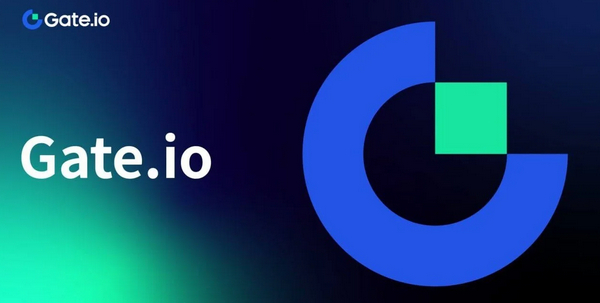
How to Open Gate.io Contract Trading: A Comprehensive Guide
1. Understanding Contract Trading on Gate.io
Contract trading involves speculating on the future price of an asset, known as the underlying asset, without actually owning it. On Gate.io, you can trade futures contracts, which are standardized agreements to buy or sell a specific amount of the underlying asset at a predefined price on a future date.
2. Creating a Gate.io Account
To access contract trading, you first need a Gate.io account. Visit the Gate.io website and click "Sign Up" to create a new account. Complete the registration form, verify your email address, and set up two-factor authentication for enhanced security.
3. Funding Your Account
Before trading, you must fund your Gate.io account. Gate.io supports various deposit methods, including:
- Cryptocurrencies: Deposit supported cryptocurrencies like Bitcoin (BTC), Ethereum (ETH), and Tether (USDT) into your Gate.io wallet.
- Fiat currencies: Use fiat currencies such as USD, EUR, and GBP to purchase cryptocurrencies directly on Gate.io via third-party providers.
4. Transferring Funds to the Contract Account
Once your account is funded, transfer funds to your Contract Account.
- Method 1: Direct Transfer: On the Gate.io website, navigate to "My Assets" and click "Transfer." Select "Spot Account" as the "From" account and "Contract Account" as the "To" account. Specify the amount you want to transfer and confirm the transaction.
- Method 2: Quick Transfer: Locate the "Contract" tab on the Gate.io website. Click "Quick Transfer" and enter the amount you wish to transfer from your Spot Account to your Contract Account.
5. Selecting a Trading Pair and Order Type
Choose the trading pair you want to trade, such as BTC/USDT or ETH/USDT. Then, select the order type you wish to place. Common order types include:
- Limit Order: Set a specific price at which you want to buy or sell the contract.
- Market Order: Execute the order at the current market price.
- Stop-Limit Order: Trigger an order only when the contract price reaches a specified trigger price.
6. Entering Order Parameters and Submitting
Enter the order parameters, including:
- Quantity: The number of contracts you want to buy or sell.
- Price: The price at which you want to execute the order (only for limit orders).
- Leverage: The amount of leverage you wish to use, which determines how much capital you can borrow to increase your potential profits (but also risks).
Review the order details carefully and click "Buy" or "Sell" to submit your order.
7. Monitoring and Managing Orders
After placing an order, monitor its status under the "Orders" tab in the Contract Trading interface. You can modify or cancel the order if needed. To adjust the leverage, click "Adjust" on the order and modify the leverage ratio.
8. Understanding Contract Settlement
When the contract expires, it will either settle as follows:
- Physical Settlement: Delivery of the underlying asset occurs. Gate.io does not offer physical settlement for all contracts.
- Cash Settlement: The difference between the contract price and the settlement price is credited or debited to the trader's account.
Disclaimer:info@kdj.com
The information provided is not trading advice. kdj.com does not assume any responsibility for any investments made based on the information provided in this article. Cryptocurrencies are highly volatile and it is highly recommended that you invest with caution after thorough research!
If you believe that the content used on this website infringes your copyright, please contact us immediately (info@kdj.com) and we will delete it promptly.
- Massive interest in new data infrastructure project signals renewed market enthusiasm
- 2025-04-24 18:50:12
- Revolut Doubles Profit to £1 Billion ($1.3 Billion) on Crypto Trading Growth
- 2025-04-24 18:50:12
- Binance Coin (BNB) Drops to $602 Ahead of BNB Chain Hard Fork Upgrade
- 2025-04-24 18:45:12
- South Korean exchanges Upbit and Bithumb have suspended deposits for Synthetix (SNX) tokens
- 2025-04-24 18:45:12
- Bitcoin and other cryptocurrencies have risen sharply as investors sell off the dollar
- 2025-04-24 18:40:14
- $TRUMP is one of several crypto tokens associated with President Trump
- 2025-04-24 18:40:14
Related knowledge
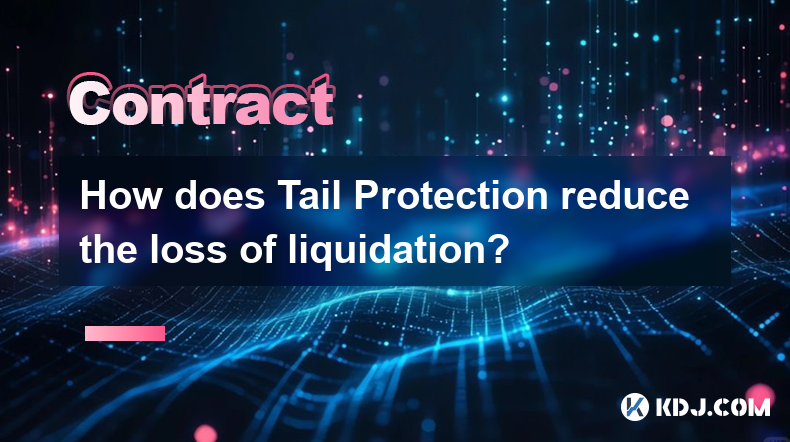
How does Tail Protection reduce the loss of liquidation?
Apr 11,2025 at 01:50am
Introduction to Tail Protection in CryptocurrencyTail Protection is a mechanism designed to mitigate the risks associated with liquidation in cryptocurrency trading. Liquidation occurs when a trader's position is forcibly closed by the exchange due to insufficient margin to cover potential losses. This often happens in leveraged trading, where traders b...
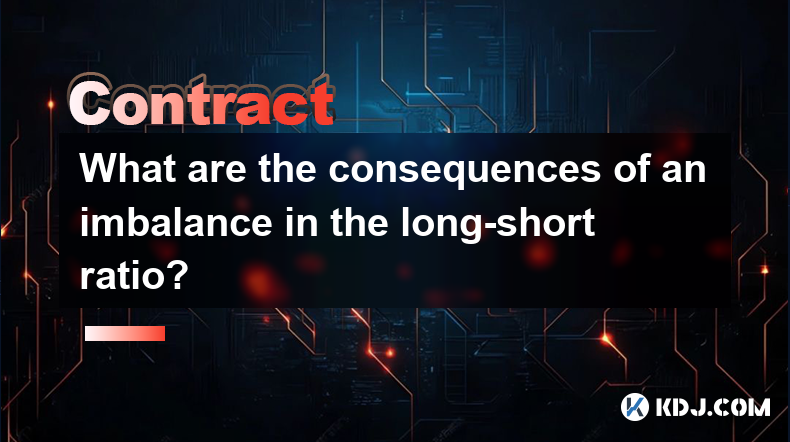
What are the consequences of an imbalance in the long-short ratio?
Apr 13,2025 at 02:50pm
The long-short ratio is a critical metric in the cryptocurrency trading world, reflecting the balance between bullish and bearish sentiments among traders. An imbalance in this ratio can have significant consequences on the market dynamics, affecting everything from price volatility to trading strategies. Understanding these consequences is essential fo...
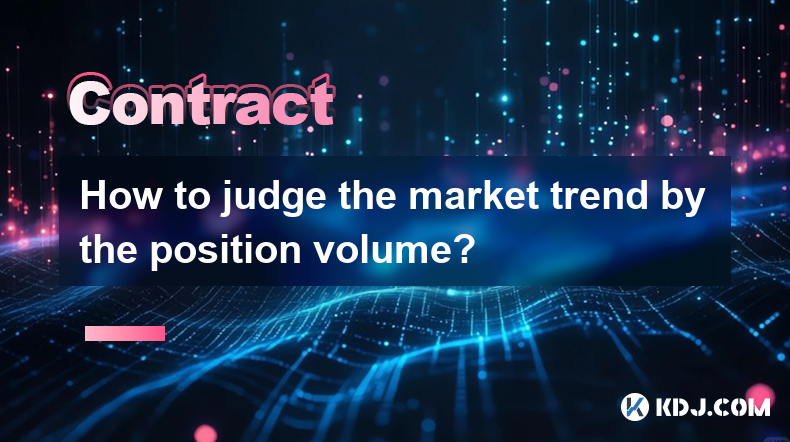
How to judge the market trend by the position volume?
Apr 11,2025 at 02:29pm
Understanding how to judge the market trend by position volume is crucial for any cryptocurrency trader. Position volume, which refers to the total number of open positions in a particular cryptocurrency, can provide valuable insights into market sentiment and potential price movements. By analyzing this data, traders can make more informed decisions ab...

Why does a perpetual contract have no expiration date?
Apr 09,2025 at 08:43pm
Perpetual contracts, also known as perpetual futures or perpetual swaps, are a type of derivative product that has gained significant popularity in the cryptocurrency market. Unlike traditional futures contracts, which have a fixed expiration date, perpetual contracts do not expire. This unique feature raises the question: why does a perpetual contract ...
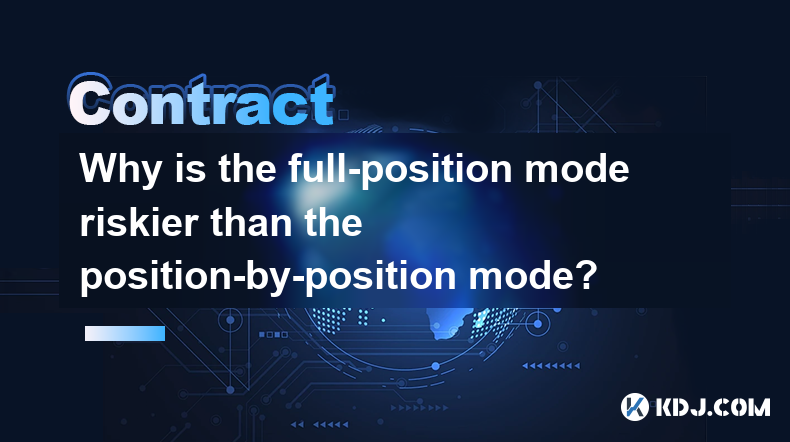
Why is the full-position mode riskier than the position-by-position mode?
Apr 13,2025 at 03:42pm
Why is the Full-Position Mode Riskier Than the Position-by-Position Mode? In the world of cryptocurrency trading, the choice between full-position mode and position-by-position mode can significantly impact the risk profile of a trader's portfolio. Understanding the differences between these two modes is crucial for making informed trading decisions. Th...
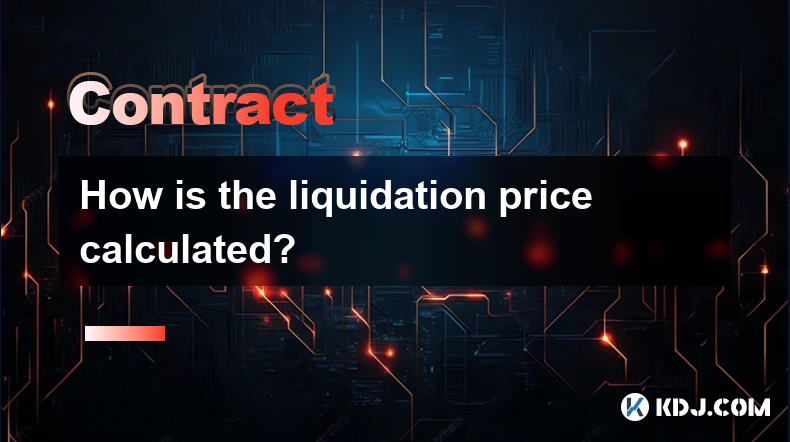
How is the liquidation price calculated?
Apr 12,2025 at 01:35am
Introduction to Liquidation PriceLiquidation price is a critical concept in the world of cryptocurrency trading, particularly when dealing with leveraged positions. Understanding how this price is calculated is essential for traders to manage their risk effectively. The liquidation price is the point at which a trader's position is forcibly closed by th...

How does Tail Protection reduce the loss of liquidation?
Apr 11,2025 at 01:50am
Introduction to Tail Protection in CryptocurrencyTail Protection is a mechanism designed to mitigate the risks associated with liquidation in cryptocurrency trading. Liquidation occurs when a trader's position is forcibly closed by the exchange due to insufficient margin to cover potential losses. This often happens in leveraged trading, where traders b...

What are the consequences of an imbalance in the long-short ratio?
Apr 13,2025 at 02:50pm
The long-short ratio is a critical metric in the cryptocurrency trading world, reflecting the balance between bullish and bearish sentiments among traders. An imbalance in this ratio can have significant consequences on the market dynamics, affecting everything from price volatility to trading strategies. Understanding these consequences is essential fo...

How to judge the market trend by the position volume?
Apr 11,2025 at 02:29pm
Understanding how to judge the market trend by position volume is crucial for any cryptocurrency trader. Position volume, which refers to the total number of open positions in a particular cryptocurrency, can provide valuable insights into market sentiment and potential price movements. By analyzing this data, traders can make more informed decisions ab...

Why does a perpetual contract have no expiration date?
Apr 09,2025 at 08:43pm
Perpetual contracts, also known as perpetual futures or perpetual swaps, are a type of derivative product that has gained significant popularity in the cryptocurrency market. Unlike traditional futures contracts, which have a fixed expiration date, perpetual contracts do not expire. This unique feature raises the question: why does a perpetual contract ...

Why is the full-position mode riskier than the position-by-position mode?
Apr 13,2025 at 03:42pm
Why is the Full-Position Mode Riskier Than the Position-by-Position Mode? In the world of cryptocurrency trading, the choice between full-position mode and position-by-position mode can significantly impact the risk profile of a trader's portfolio. Understanding the differences between these two modes is crucial for making informed trading decisions. Th...

How is the liquidation price calculated?
Apr 12,2025 at 01:35am
Introduction to Liquidation PriceLiquidation price is a critical concept in the world of cryptocurrency trading, particularly when dealing with leveraged positions. Understanding how this price is calculated is essential for traders to manage their risk effectively. The liquidation price is the point at which a trader's position is forcibly closed by th...
See all articles



















































































